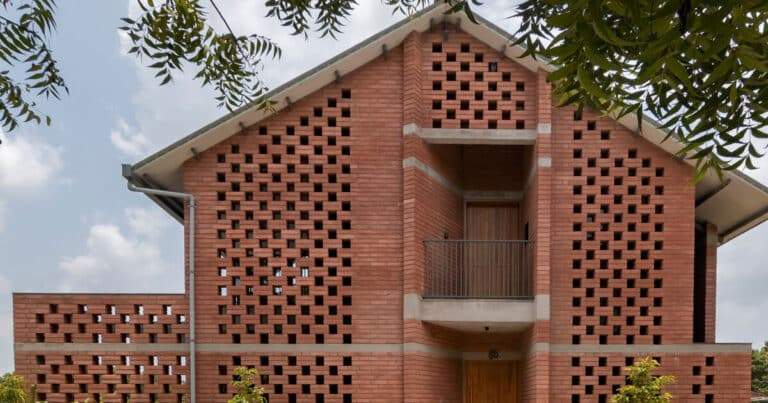Shared Workspaces VS Coworking Spaces
It might be difficult to tell the difference between a shared workspace and a coworking space, especially when working in areas like business centers, executive suites, shared spaces, and serviced offices, which all offer a similar experience.
In fact, the distinction between a shared workplace and a coworking space depends on the space’s vision, the members’ goals and needs, and the expectations of their businesses.
Therefore, it’s crucial to remember that for firms that use both coworking and shared spaces, there isn’t a “one size fits all” solution. Here are some crucial details to think about.
What are coworking spaces, and what do they entail?
Coworking spaces are perfect for entrepreneurs and start-up organizations searching for a better alternative to working from home.
Freelancers, some of whom are just getting their name out and aren’t attached to any single firm or industry, frequent these locations.
Moreover, the advantages of these venues include the ability for start-ups to be lean, a low-cost outlet for community and cooperation, and a bright and dynamic environment that stimulates work.
What do shared workplaces entail?
A shared workspace differs from a coworking space in that it usually caters to and houses more established companies. To fulfill the needs of their customers, they frequently give more typical amenities. That isn’t to imply that firms can’t benefit from coworking spaces. However, for the time being, this is how the majority of these shared places are operating.
While corporate coworking is becoming more popular, shared office spaces are focusing more on having more equipment including fax machines, copiers, audio-visual equipment, and professional-looking office furniture. Some shared offices even function as executive suites, with facilities like complete reception, a kitchen, and even private offices that are separated from the rest of the room.
It’s also worth noting that coworking spaces often lease to members for 3 to 6 months, whereas shared office facilities like executive suites typically lease for a year.
There is no one-size-fits-all approach to choosing the ideal office space to meet your demands and scale with your expansion. Understanding what services you will receive within the workspace will help you measure your needs.
Services and bonuses
When you visit an entry-level coworking space, you’ll get a clean desk, access to Wi-Fi, and other freebies like snacks. Supplies and other services, such as access to printing, copying, and meeting/conference rooms, may cost a little more.
Coworking spaces are great for freelancers, remote employees, and small business owners that are constantly on the move. You only pay for what you need and don’t waste money on space or services you won’t use often.
However, if your firm is growing and you’re meeting with more clients and partners in shared office spaces than you are with other members, you might want to consider renting a private office. While private offices are available in coworking spaces, having a fully serviced shared workspace allows you to have a more direct and professional relationship with your clients. You can have meetings and cater to your clients without having to worry about other members interfering.
Furthermore, many high-quality offices offer soundproof call rooms as well as cutting-edge technologies for video conferencing and document sharing.
Collaboration and community
Community, openness, cooperation, sustainability, and accessibility are the basic characteristics of coworking. These conversations will most likely be handled by a community manager or a facility operator at your coworking space. Take advantage of the privileges bestowed on you as a result of those values.
Coworking spaces have been teaming with newly founded and corporate organizations to go after some of the hottest start-up entrepreneurs and freelancers accessible today. Ping-pong and happy hours aren’t the only things that bring people together in coworking spaces. A coworking space involves interactive events, day-to-day activities, and projects that bring different start-ups together. Often, you can foster collaboration within the coworking platform itself, particularly if it includes community management tools.
However, if you want to work without distractions or socializing, this can be a detriment to productivity. I prefer working from home, you might want to consider the conveniences available in a regular office. A private office may be preferable if you require additional security measures to secure your work and records.
However, financial institutions have recently shown an increased interest in coworking spaces, so security will continue to improve. Additionally, as the number of companies using co-working spaces grows, our sector will have to meet their traditional demands.
Lastly, for the finest experience and the success of your business, it’s best to consider all of these variables.
Read more on INJ Architects:
https://injarch.com/sonic-design-music-and-designing/
https://injarch.com/7-astounding-plan-thoughts-for-greatest-space-use-for-your-home/
https://injarch.com/design-photography-everything-you-need-to-know/






